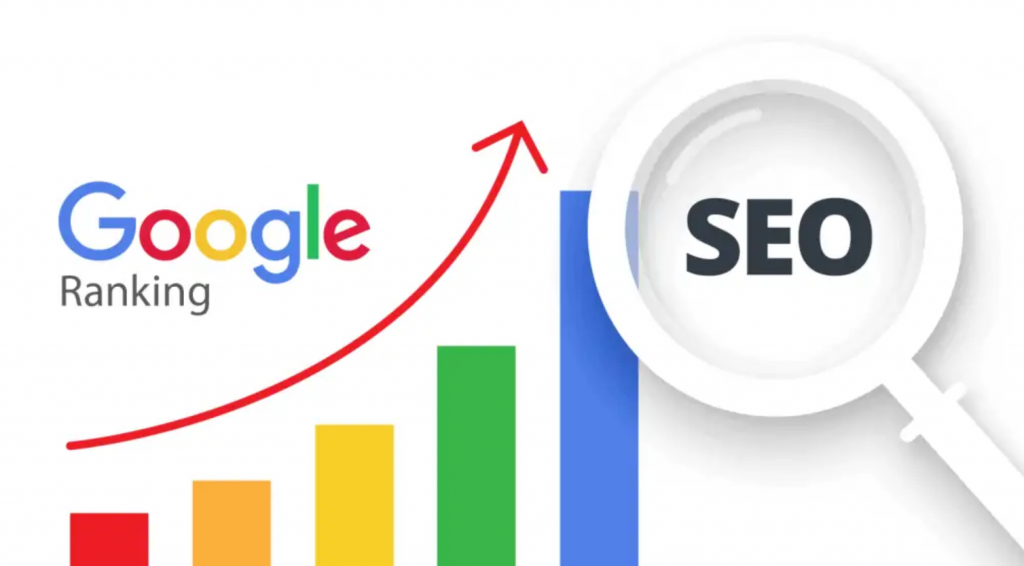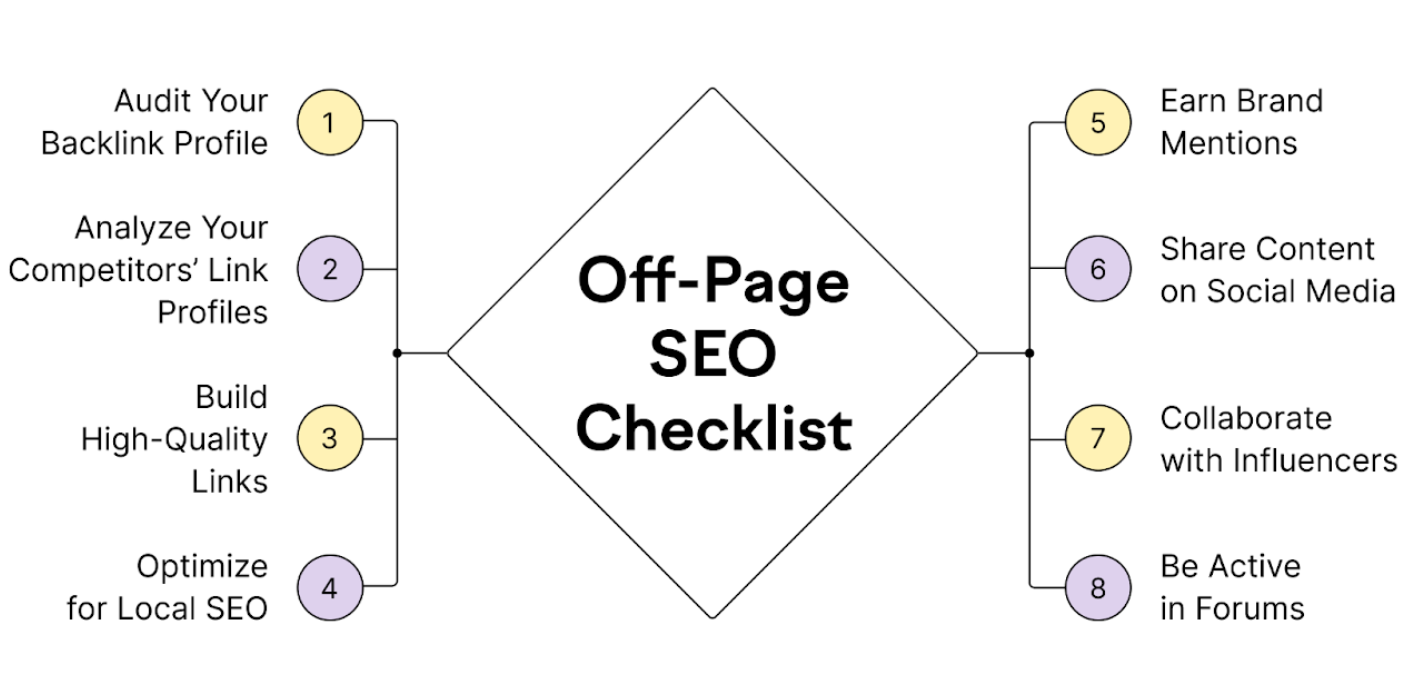A website is a great way to promote your business and reach potential customers, but it’s essential to understand how to get the most out of your website. Search engine optimization (SEO) can help you increase traffic and achieve higher rankings in search results. In this article, we will discuss the steps you should take to improve the SEO of your website. We’ll cover keyword research, content creation, link building, and technical SEO.
How to Improve Your Website SEO
Here are steps on how to improve your website SEO.
Conduct Keyword Research
The first step to optimizing your website for SEO is to conduct keyword research. This involves identifying the keywords and phrases your target audience is searching for in search engines. Keyword research is essential because it helps you understand what your potential customers are looking for and what language they use to describe their needs. To conduct keyword research, you can use tools such as Google Keyword Planner, Ahrefs, or SEMRush. These tools allow you to identify high-traffic keywords and phrases related to your business. Once you have placed your target keywords, you can use them strategically throughout your website to improve its relevance to those searching for those terms.
Optimize Your Website Content
The content on your website is one of the most critical factors in improving your SEO. Ensure your content is high-quality, informative, and relevant to your target audience. Use your target keywords naturally throughout your content, including headlines, subheadings, and body copy.
One important thing to keep in mind is that your content should be created for your human audience rather than for search engines. Avoid keyword stuffing, which is the practice of overusing keywords to manipulate search engine rankings. Instead, focus on creating content that provides value to your audience.
Aim to write longer-form content, which tends to perform better in search engine rankings. According to a study by Backlinko, the average word count of a first-page Google result is 1,890. Longer content allows you to provide more detailed information, which can help establish your website as a reliable source of information on a particular topic.
Use Headings and Subheadings
Using headings and subheadings helps search engines, and users understand the structure of your content. Use H1 tags for your main headings and H2 and H3 tags for subheadings. Make sure that your headings and subheadings contain your target keywords.
Optimize Your Images
Images are essential for making your website visually appealing and engaging. However, they can also slow down your website’s loading time. To optimize your images, ensure they are compressed, and their file size is as small as possible. Use alt tags to describe your images, which helps search engines understand what they are about.
Ensure Your Website is Mobile-Friendly
More than half of all internet traffic now comes from mobile devices. Therefore, your website must be mobile-friendly. This means that it should be designed to be easily navigable on a smaller screen and should load quickly.
Improve Your Website Speed
Website speed is another essential factor in SEO. A slow website can negatively impact your search engine rankings and user experience. Use tools like Google’s PageSpeed Insights to check your website’s speed and identify any issues that need to be addressed. Some tips to improve website speed include:
- Optimizing images.
- Reducing the number of plugins.
- Using a content delivery network (CDN).
Build Backlinks
Backlinks are links from other websites that point to your website. They are an essential ranking factor in SEO, and having high-quality backlinks can significantly improve your search engine rankings. You can build backlinks by creating high-quality content that other websites want to link to, reaching out to other websites in your industry and asking for links, and guest blogging on other websites.
Use Social Media
Social media is an excellent way to promote your website and improve your SEO. By sharing your content on social media, you can increase its visibility and attract more visitors to your website. Also, a strong social media presence can help build backlinks and improve your website’s authority.
Monitor Your Analytics
Monitoring your website’s analytics is essential for understanding how your website performs and identifying improvement areas. Use tools like Google Analytics to track your website’s traffic, engagement, and conversion rates. This data can help you determine which pages on your website are performing well and which need improvement.
Stay Up-to-Date with SEO Trends
SEO is constantly evolving, and staying up-to-date with the latest trends and best practices is essential for improving your website’s SEO. Attend conferences, read industry blogs, and follow SEO experts on social media to stay up-to-date with the latest developments in SEO.
Conclusion
In conclusion, improving your website’s SEO can be daunting, but with some patience and hard work, you can make it happen. By adequately researching keywords, incorporating them into your content, and optimizing images and page titles, you can drastically improve your website’s visibility in search engines. Additionally, being active on social media is essential to increasing website traffic and getting more customers.



